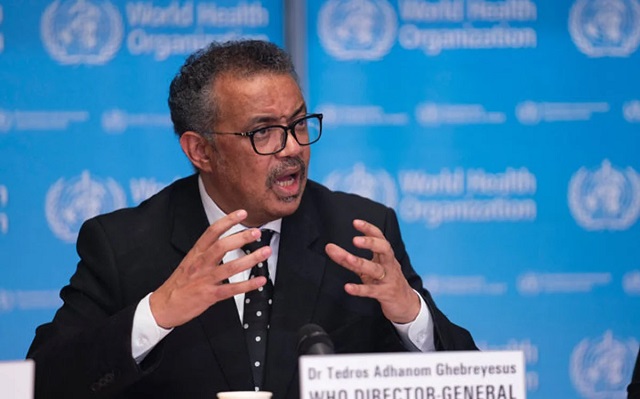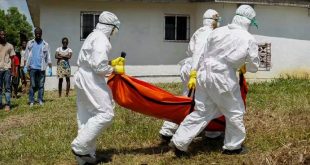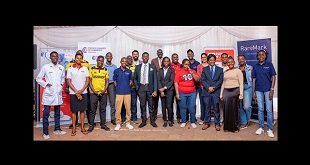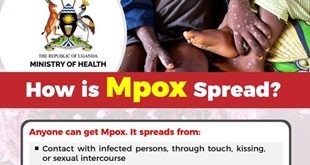
Kampala, Uganda | THE INDEPENDENT | The World Health Organization (WHO) is seeking nearly USD 2 billion to fund its 2021 Strategic Preparedness and Response Plan for COVID-19 response which, was launched on Thursday in Geneva.
The 2021 plan will have six objectives: suppressing transmission, reducing exposure, countering misinformation and disinformation, protecting vulnerable people, reducing death and illness, and accelerating equitable access to new tools against COVID-19 such as vaccines, diagnostics and therapeutics.
WHO chief Dr Tedros Adhanom Ghebreyesus said USD 1.2 billion will go to the agency’s component of the Access to COVID-19 Tools (ACT) Accelerator, a landmark global collaboration to make these medicines accessible to people everywhere. Another USD 643 million will go towards supporting people who require humanitarian assistance due to conflict, insecurity or other crises.
“Fully funding the SPRP is not just an investment in responding to COVID-19, it’s an investment in the global recovery and in building the architecture to prepare for, prevent and mitigate future health emergencies”, Dr Tedros said during his routine press conference.
The strategy follows the initial plan last year that outlined the path countries should take to suppress transmission of the new
coronavirus. The first SPRP, raised USD 1.58 million, 90 per cent of which was allocated to countries and regions, supporting those on the frontlines of the pandemic.
“It also enabled WHO and our partners to ship millions of tests and items of personal protective equipment, and to support thousands of ICU beds around the world”, Tedros said. The funding was also used to deploy some 191 Emergency Medical Teams, support seroepidemiological studies in 58 countries, and provide online training that reached nearly five million people.
Tedros also announced that WHO will launch a new declaration on Friday focused on the equitable distribution of COVID-19 vaccines, which calls for action from several groups, such as political leaders, manufacturers and governments.
“Vaccine equity is especially important for fragile and vulnerable groups, and for small island states like those in the Pacific and The Caribbean with small populations who can miss out on vaccines because they have less bargaining power than big countries”, he said, stressing that no country should be left behind.
********
URN
 The Independent Uganda: You get the Truth we Pay the Price
The Independent Uganda: You get the Truth we Pay the Price


